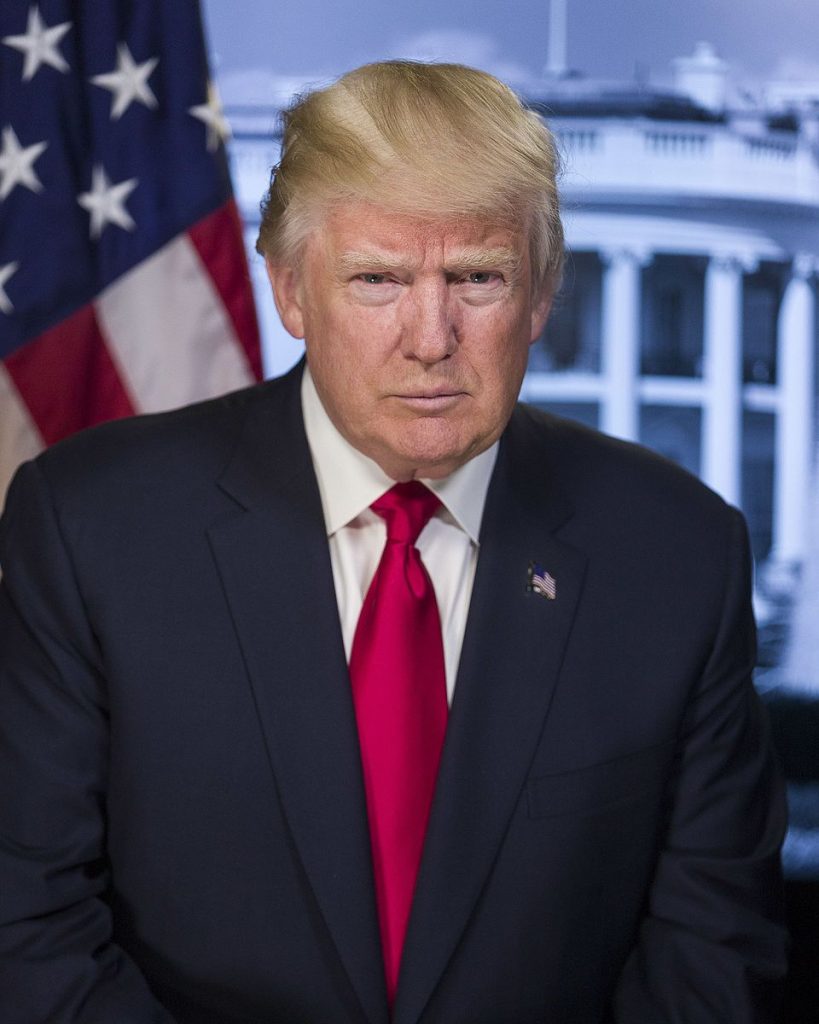Resources Available for Those Impacted by Travel Ban
In anticipation of certain portions of President Donald Trump’s Executive Order 13780, “Protecting the Nation from Foreign Terrorist Entry into the United States,” taking partial effect as early as today, the following resources are available to local residents:
- American Civil Liberties Union of Hawai‘i: (808) 522-5900 or [email protected]
- Hawai‘i State Bar Association Lawyer Referral and Information Service: (808) 567-9140 or [email protected]
On June 26, 2017, the United States Supreme Court agreed to hear arguments later this year regarding the merits of nationwide injunctions, issued by federal courts in Hawai‘i and Maryland, which had blocked the travel and refugee bans.
In a 6-3 decision, the court ruled that while the appeals were pending, the U.S. government may not enforce the travel and refugee bans against persons with a “credible claim of a bona fide relationship with a person or entity in the United States.” Others may be subject to the executive order.
As to what type of relationship qualifies as “bona fide,” the Supreme Court stated:
For individuals, a close familial relationship is required. A foreign national who wishes to enter the United States to live with or visit a family member … clearly has such a relationship. As for entities, the relationship must be formal, documented and formed in the ordinary course, rather than for the purpose of evading [the Executive Order]. The students from the designated countries who have been admitted to the University of Hawai‘i have such a relationship with an American entity. So too would a worker who accepted an offer of employment from an American company or a lecturer invited to address an American audience.
The Department of the Attorney General will provide updates if or when further guidance becomes available.
“Both the Ninth and Fourth Circuit Courts of Appeals ruled that the travel ban was either unconstitutional or unlawful,” said Hawai‘i Attorney General Doug Chin. “We will urge the U.S. Supreme Court to uphold those decisions. Briefing will take place over the summer with oral arguments scheduled before the Supreme Court in Washington, D.C., in October of 2017.”















